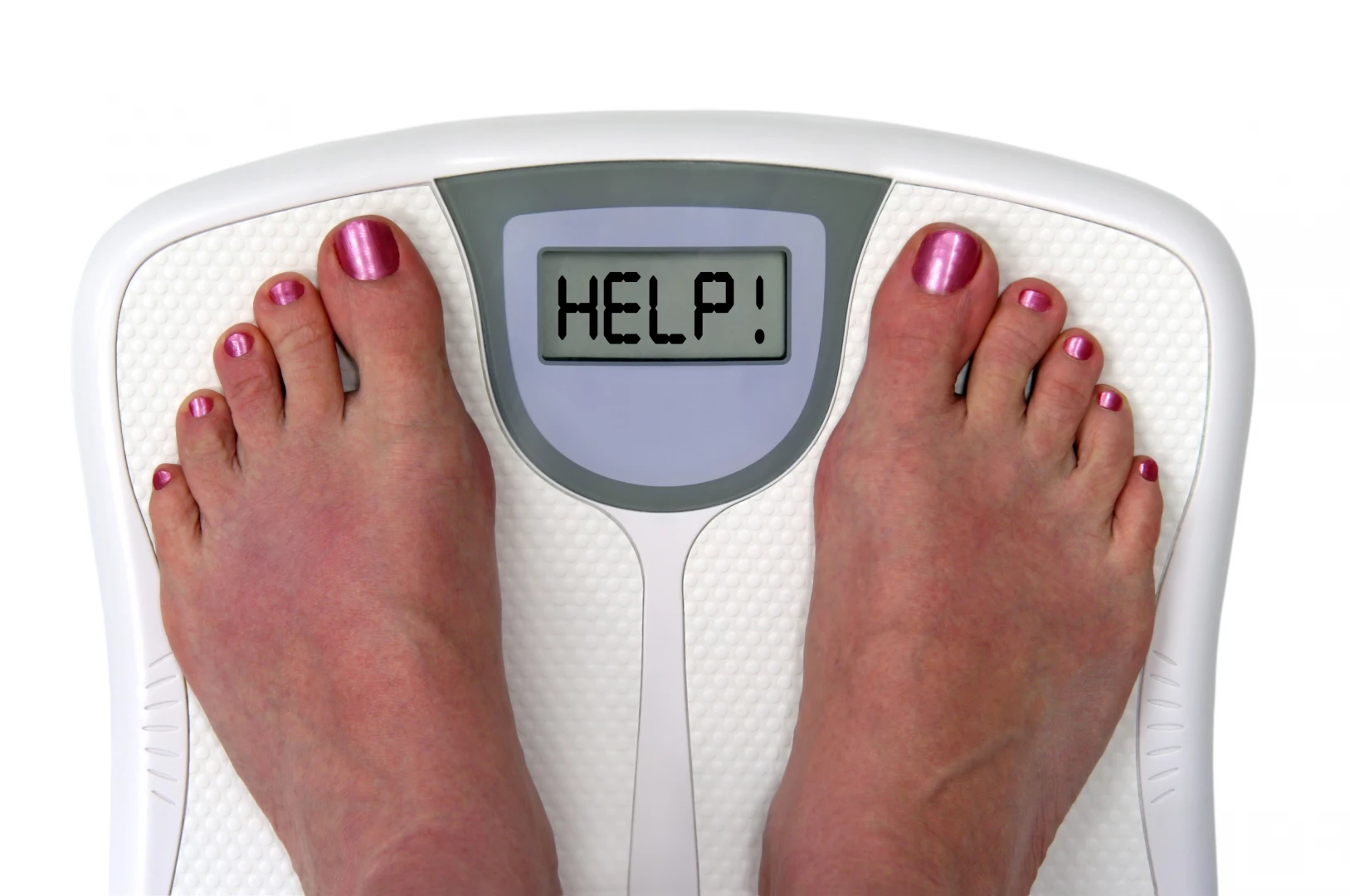Avoid the Holiday Feast Hang-Over – 7 Tips for Mindful Eating

What is as certain as death and taxes? The barrage of weight loss articles and dieting advice that will hit us come January to counter our bulging waist lines and assuage our feelings of guilt.
This year, why not stay ahead of the curves—so to speak? Save yourself the post-holiday angst: It is entirely possible to avoid putting on those extra pounds—and still enjoy the holidays. Start before the pressure is on to drop excess pounds, and instead, have fun exploring new ways of eating. In the process, you might learn some valuable things about yourself and your body. Here are a seven tips for mindful eating to help you keep weight in check in the weeks ahead.
1. Make a New Friend. Many of us end up pudgy or overweight because we have lost touch with the body’s natural signals of satiety. This season, try to pay attention to your body and watch its reactions. Be mindful of the experience of eating and the effects you feel afterwards. Observe how the body tells you what it needs—and in particular, what it doesn’t need. When you’re full, the food no longer tastes as satisfying as when you’re still hungry—see if you can notice that subtle shift. Also pay attention to how and when your mind overrules the body, and gradually train yourself to follow your body, not your mind.
2. Find Your Food Triggers. Pay attention to how other factors affect your relationship to food: Do you tend to eat more if you are stressed or don’t get enough sleep? Does your mood affect your eating habits? When you don’t get enough exercise, does that affect your eating habits, and make you more liable to overeat?
3. Play with Your Food. Yes, Mama told you not to play with your food, but we’re not talking about turning mashed potatoes into mountains. Finding ways to play with your food can help you slow down, develop greater awareness of your food and restructure mindless eating habits. For starters, try these fund little games:
-
Divide Fractions. To avoid overeating at holiday meals, experiment with taking smaller and smaller bites of what’s on your plate. Sink your teeth into the first couple of bites, and then take increasingly smaller pieces. Give each morsel your full attention; explore ways to savor each bite as much as you would a full mouthful.
-
Have Your Cake and Eat It Too. If you really crave it, don’t deny yourself that extra serving of pie. Instead, take half as much as you normally would, and focus on enjoying it twice as much. Relish the taste; savor the ecstasy of the flavors unfolding in your mouth.
-
Wheeler-Dealer. Make trade-offs. If you eat too much at one meal, eat less at the next or cut out something else you would normally consume.
4. Try Tricks for Treats. There are many reasons why we eat more than we need to. For many of us, overeating is linked to our emotions—affording a way to cheer us up or dull the pain of unresolved issues.
If cravings are an issue for you, explore constructive ways to channel them. Eat healthy, low-calorie snacks: An apple, a handful of raw carrots with raisins, or a couple of graham crackers are delicious snacks that won’t make you put on weight. A cup of warm, delicious chai at the end of a meal can help curb the craving for a second helping.
Try not to eat between meals, it disturbs your digestion and messes up the body’s appetite-regulating mechanisms. But if you have to, indulge in healthy, easy-to-digest snacks like the ones listed above.
5. Hit the yoga mat. Both anecdotally and in studies, yoga is well-known to help ease emotional cravings for food and facilitate weight loss. The more regular your practice, the easier it is to develop greater balance in your relationship to food. The holiday season is a great time to get more regular with your home practice – or catch some classes at your local studio.
Still not convinced? Here are 5 Ways that Yoga Facilitates Natural Weight Loss.
6. Stay Close to Earth. If we eat food that isn’t nourishing, our body will continue to signal that it needs food, no matter how much we eat. To reduce cravings and overeating, make sure you get the nutrition you need.
The closer your food is to the earth, the more nutritious, energizing, and nourishing it is. Favor whole, unprocessed foods, such as fruits, vegetables, and whole grains. These foods are the most beneficial not only for regulating weight, but for enhancing your overall health and wellness as well.
There are a great variety of whole foods. Educate yourself about what is available, and experiment with adding more and more whole foods to your diet.
7. Bring Lots of Band-Aids. Approach your journey into changing your eating habits with an attitude of curiosity and adventure. And bring lots of band aids for the trip! Inevitably you will fail; but each time, simply get right back at it.
Don’t judge yourself and don’t try to force change. As you establish greater awareness of your digestive processes and the body’s signals, you will gradually strengthen its self-regulating mechanisms. Over the long term, this will help you keep your weight in balance more than anything else.
Lasting change grows from the inside out, gradually, over time. Avoid setting yourself up for the impossible; set realistic and sustainable goals. Attempts at change made with awareness, self-compassion, and patience will yield results over time.
Eva Norlyk Smith Ph.D., RYT-500 is a writer, health educator, and yoga therapist.



